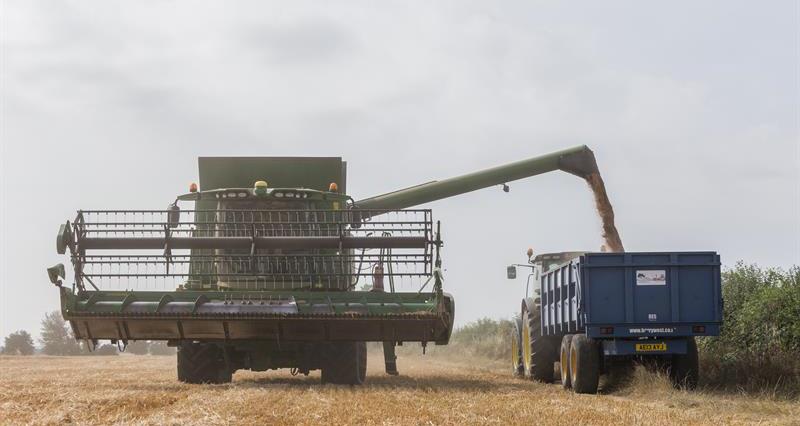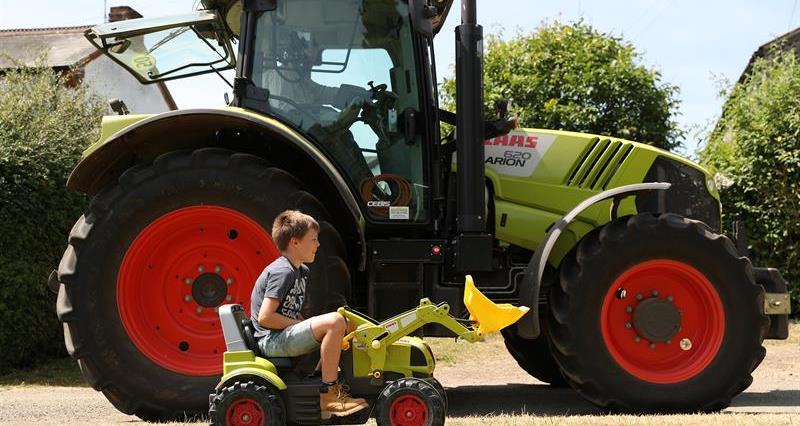Any motor vehicle, from a moped, up to a 44-ton HGV, can be classed as a ‘limited use’ vehicle.
Vehicles used for agriculture, horticulture and forestry purposes can be considered as 'limited use' if they are:
- only used on public roads that pass between different areas of land that are occupied by the same person; and
- if its road travel does not exceed 1.5km in each trip.
Limited use vehicles still need to have their vehicle licence renewed each year, even if they are exempt from vehicle tax.
More information on how to do this can be found at: GOV.UK | Vehicle Tax
If the conditions set out for limited use vehicles are breached, then you will be eligible for road tax. It is especially important for limited use vehicles to say compliant if they are using red diesel, also known as rebated fuel.
Driving licence requirements for limited use vehicles
Drivers of limited use vehicles must either hold a licence that covers them for driving the vehicle in question, or a ‘Category N’ licence.
A category N licence covers vehicles which are exempt from excise duty due to travelling less than six miles a week. This category was last issued in 1996 and is now rarely used. However, if you were eligible to apply for a category N licence before 31 December 1996, you may still be able to apply for such a licence today.
When driving limited use vehicles, minimum age rules still apply. However, there is no requirement to hold a HGV licence for driving HGV's with a limited use licence.
Limited use vehicles can also be considered works trucks, which are exempt from driving licence requirements, however appropriate training is needed should they be driven on the public road by a driver without the correct licence.
Exemptions from HGV and MOT testing
Limited use vehicles are also exempt from annual HGV and/or MOT testing schemes, provided they do not travel on the road more than six miles per week (0.85miles per day).
However, they must comply with the relevant Construction and Use Regulations applicable to the class of vehicle, and its use, when used on the roads.
If your vehicle is exempt from an MOT test, you should complete a V112 (or V112G form for a goods vehicle) and present this when taxing your vehicle.
More on using vehicles in agricultural settings:




